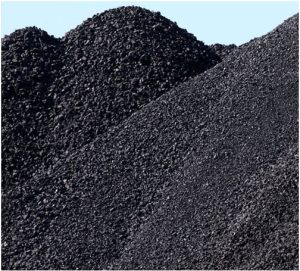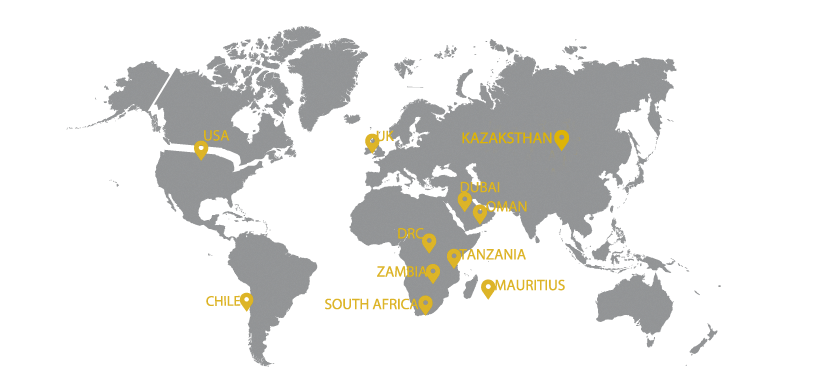
Petroleum coke, abbreviated coke or petcoke, is a final carbon-rich solid material that derives from oil refining, and is one type of the group of fuels referred to as cokes. Petcoke is the coke that, in particular, derives from a final cracking process—a thermo-based chemical engineering process that splits long chain hydrocarbons of petroleum into shorter chains—that takes place in units termed coker units. (Other types of coke are derived from coal.) Stated succinctly, coke is the “carbonization product of high-boiling hydrocarbon fractions obtained in petroleum processing (heavy residues)”.
In petroleum coker units, residual oils from other distillation processes used in petroleum refining are treated at a high temperature and pressure leaving the petcoke after driving off gases and volatiles, and separating off remaining light and heavy oils. These processes are termed “coking processes”, and most typically employ chemical engineering plant operations for the specific process of delayed coking.
Different types of petroleum coke have different microstructures due to differences in operating variables and nature of feedstock. Significant differences are also to be observed in the properties of the different types of coke, particularly ash and volatile matter contents;
- Calcined
- Graphite Petroleum Coke.
Other type of Petcoke:
- Honeycomb
- Needlecomb


